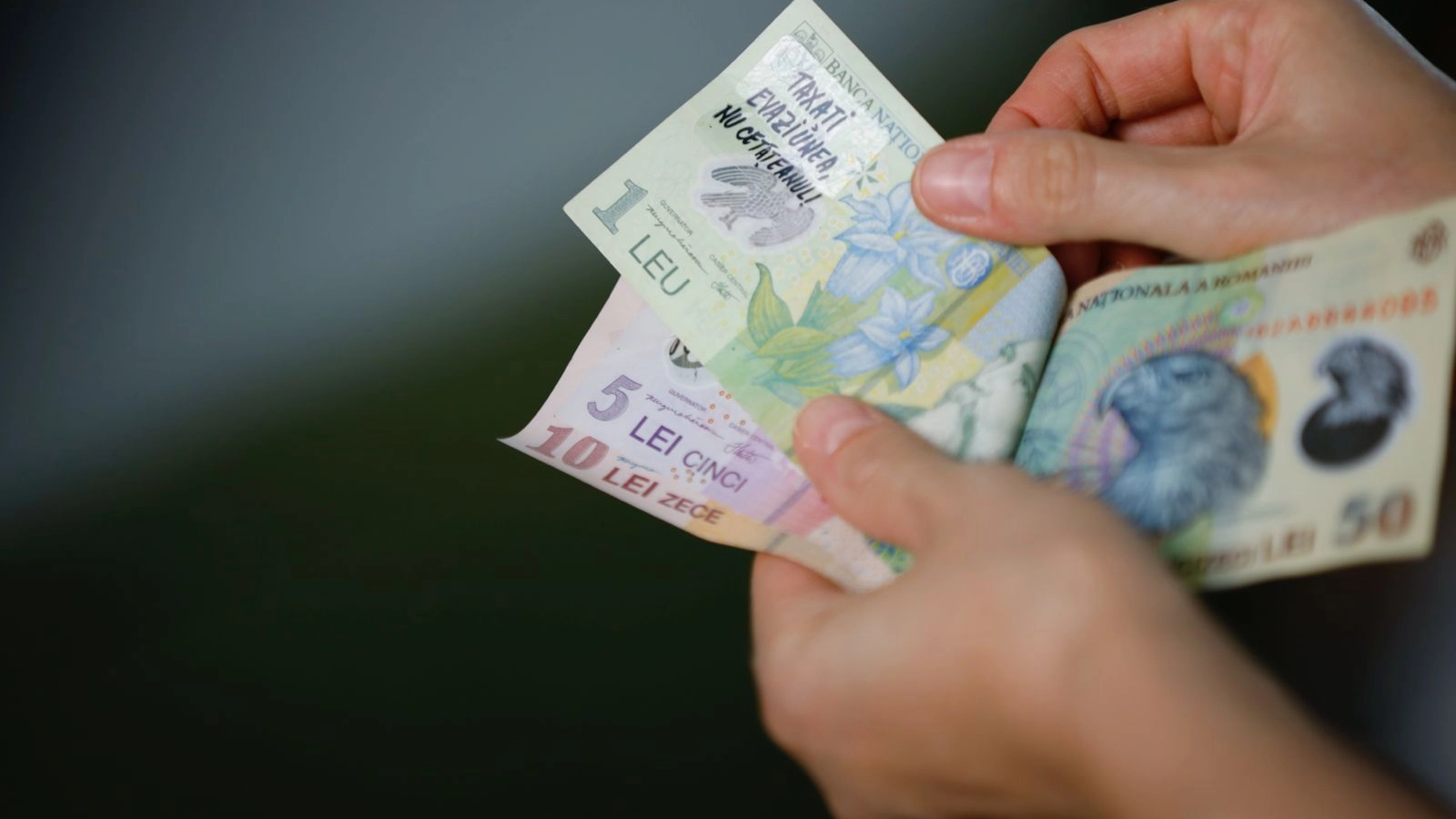The volume of remittances to Romania increased to 2.8% of GDP in 2023 from 0.3% of GDP in 2000, but they do not have a significant impact on economic growth, as the money is used for consumption rather than for investment, Mihaela Simionescu, a scientific researcher at the Romanian Academy's Institute of Economic Forecasting, told AGERPRES at a specialist event.
"Whereas in 2000 we had 0.3% of GDP for remittances, according to the latest available data, the money sent to Romania by expats amounted to 2.8% of GDP (for 2023 - ed. note)," she said, adding that remittances encourage a consumption model that is not focused on investments. On the other hand, they reduce labor market participation, as people prefer to use that money for everyday life and no longer seek employment. "There are studies that show that there is a negative correlation between remittances and labor market participation. There is also a positive correlation between remittances and labor market supply," said Mihaela Simionescu, attending the conference "International Migration and the Demographic Future of Romania: From Diagnosis to Effective Policies", an event organized by the 'Costin C. Kiritescu' National Institute of Economic Research.
President of the National Institute of Statistics (INS) Tudorel Andrei showed that Romania recorded a positive migration balance between 2022 and 2024, offsetting population decline caused by negative natural growth. As of January 1, 2025, the resident population exceeded 19 million.
The INS president said that between 2003 - 2019, the share of permanent immigrants in the yearly flow was on a constant upward trend.
According to data presented by Tudorel Andrei, 324,000 immigrants were registered in 2023, with the largest share from Spain (15.8%, over 51,000 people), followed by Ukraine (approximately 50,000), the United Kingdom (8.5%), and Nepal (5.6%). Returns from Spain between 2013 and 2023 ranged from 40,000 to 67,000 annually.
Between 2014 and 2024, 1.81 million children were born in Romania, while 363,000 were born abroad and later registered in the country - a ratio of five domestic births to one abroad.
































Comentează